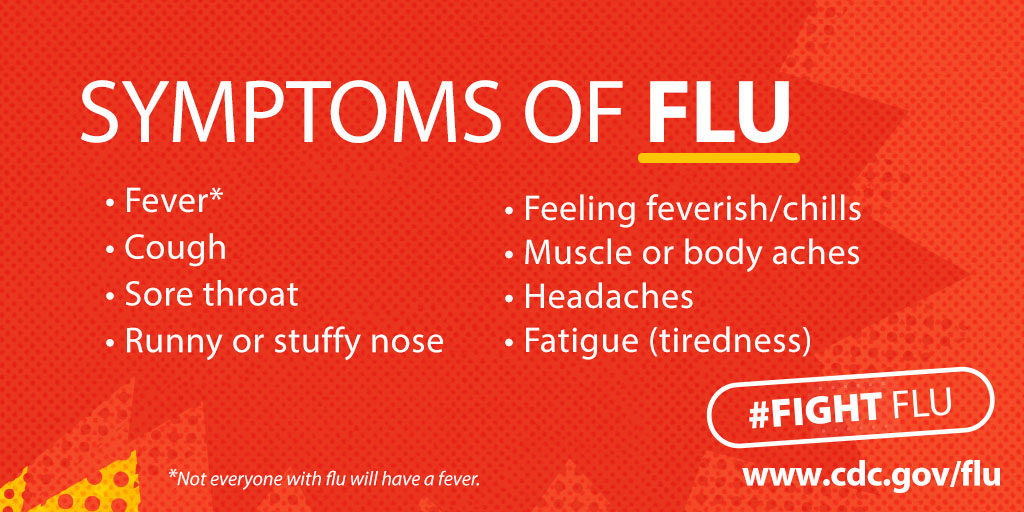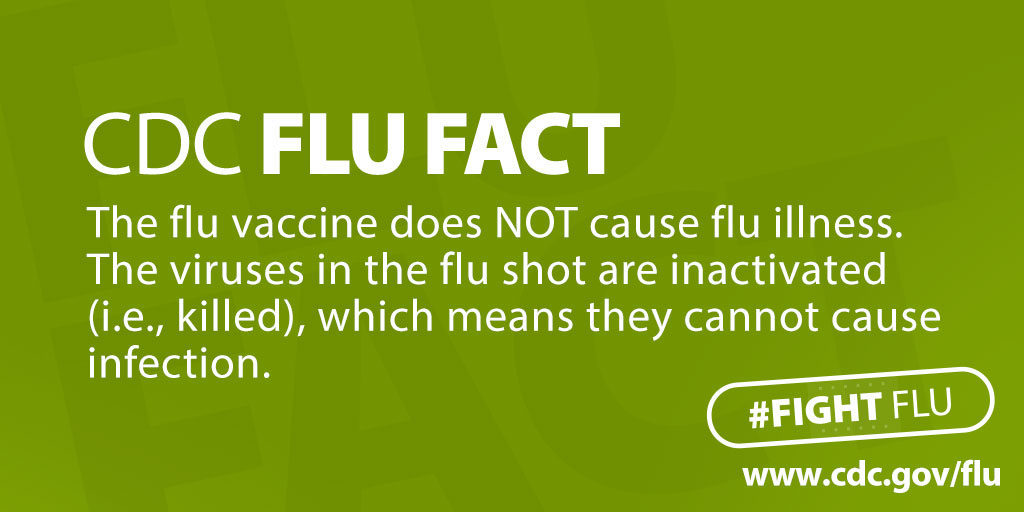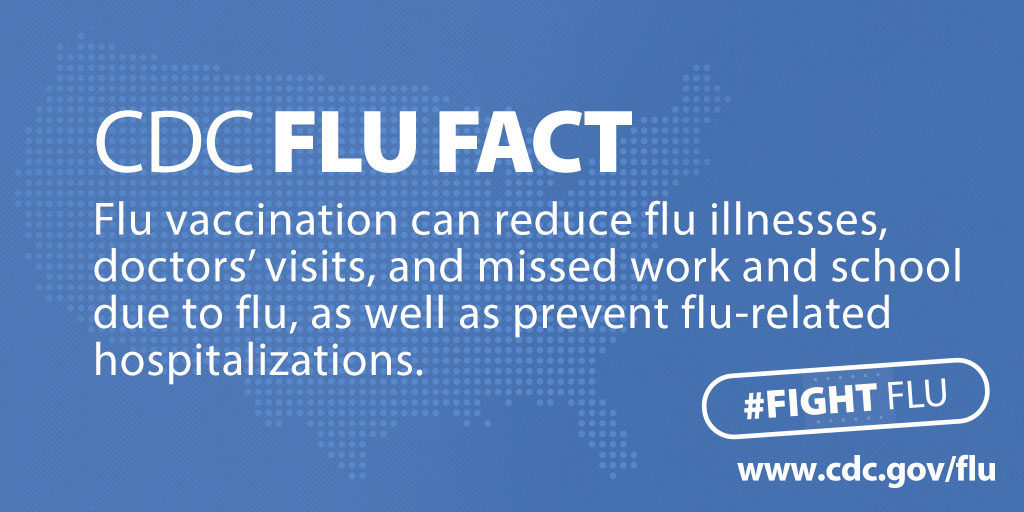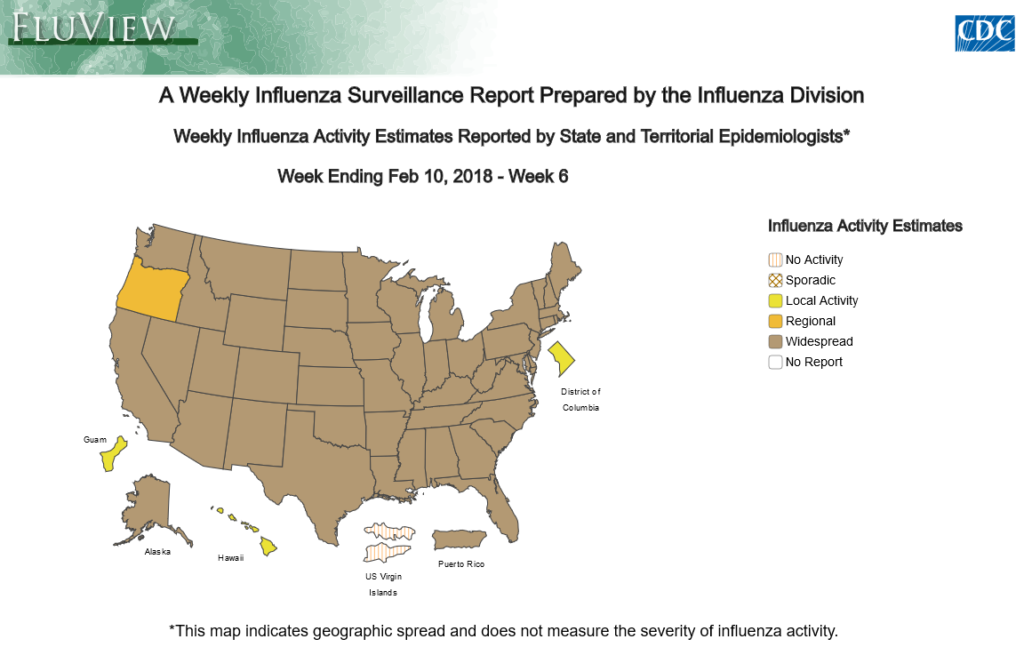Nurse’s Office Recommends Getting Flu Shot


 This year, the flu season is leaving quite an impact. The Centers for Disease Control (CDC) is reporting that this flu season, which began in October, is responsible for 17,101 hospitalizations so far, most of which have been in the elderly population. The total death toll is unknown because only pediatric deaths are required to be reported to the CDC; sixty-three pediatric deaths have been reported so far.
This year, the flu season is leaving quite an impact. The Centers for Disease Control (CDC) is reporting that this flu season, which began in October, is responsible for 17,101 hospitalizations so far, most of which have been in the elderly population. The total death toll is unknown because only pediatric deaths are required to be reported to the CDC; sixty-three pediatric deaths have been reported so far.
The Pennsylvania Department of Health reports that there have been 47,725 confirmed cases in the state and 91 deaths, including one child so far. Franklin County has reported 733 cases of flu this season.
According to Wilson College school nurse Laura Martzluf, the campus has not been hit hard by the flu so far, but the potential is still present, especially considering the high population of commuter students. She indicates that much of the fear over the flu this season is because it is developing quickly among infected children and is higher in severity as compared to recent years.
Martzluf recommends that those who suspect they have the flu to remain at home as much as possible to avoid further spreading the virus. If outside travel is necessary, wearing a mask is recommended. She added that those recovering from the flu should use fever reducers such as Tylenol and Ibuprofin to reduce aches and fevers, and to seek medical treatment if symptoms get worse. Finally, Martzluf said those who have recovered from the flu should wait at least twenty-four hours after their fever subsides before returning to school or work.

To avoid the spread of germs during flu season, Martzluf recommends frequent hand washing and using hand sanitizer, preferably one that has 60-70% alcohol content. In addition, covering the face with a sleeve when sneezing or coughing, not sharing utensils or drinks, and getting a flu shot if possible will help stop the spread of germs. Although flu shots are not 100% effective, Martzluf points out that they will still lessen the symptoms of the flu and hopefully avoid any serious complications.
Flu season in the United States typically runs from the beginning of October to the middle of May, but can vary from year to year. The flu does not typically result in hospitalization by itself, but complications such as bacterial infections can occasionally cause problems, especially in elderly patients or patients with weak or compromised immune systems.

